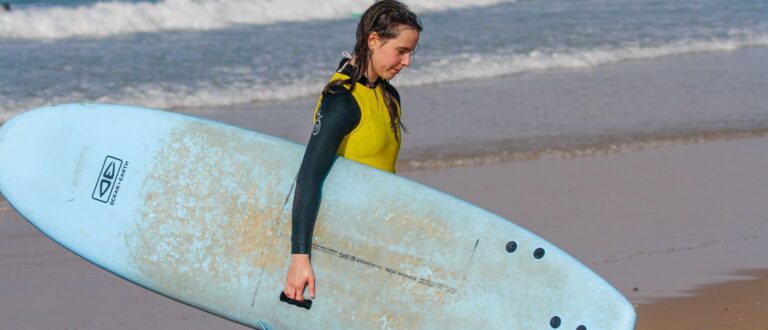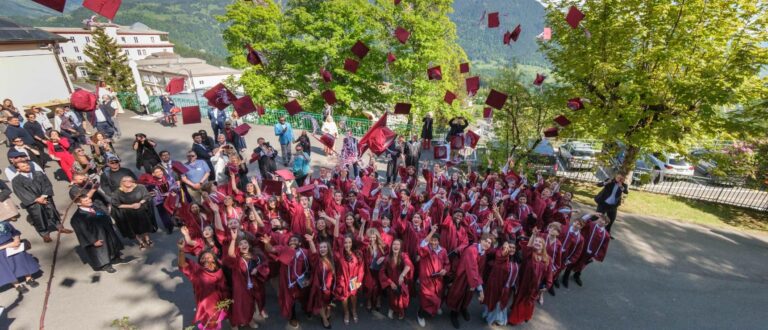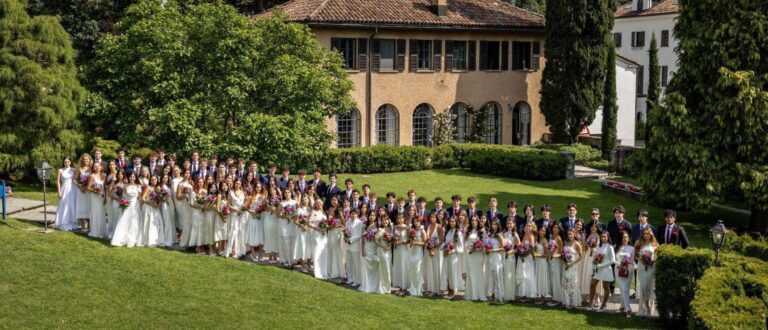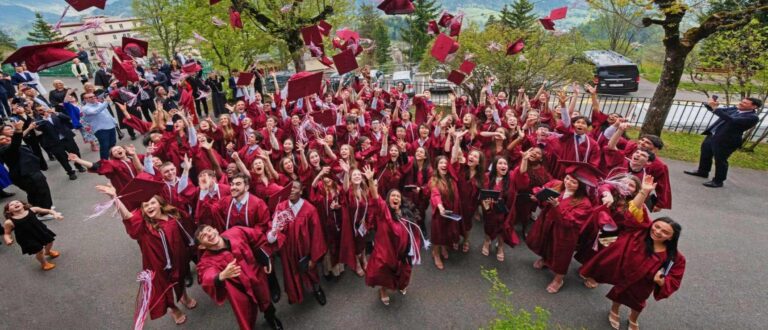At Saint-Charles, languages are at the forefront of our teaching.
Starting as early as 8 years old, we introduce our students to English and German in addition to our main language of instruction, French. In our school, we call these pockets of English and German “language islands”. Students in Primary and Secondary school have 2 hours a week of English and 5 hours a week of German. We prioritize German as it is a national language of Switzerland.
What are language islands about?
We introduce pupils to new skills or reinforce those they already have in languages other than mother tongue in a context other than simple language instruction. Our teachers teach mathematics, geography, history, biology, chemistry, physics or music lessons in other languages. It provides students with both the reinforcement of the new language as well as an ability to develop authentic vocabulary.
Isis, one of our teachers, says:
“I do my mathematics and geography lessons in German, because I’m more comfortable with this language, but also because primary school students have a better level in German than in English. It is easier for them to understand me.”
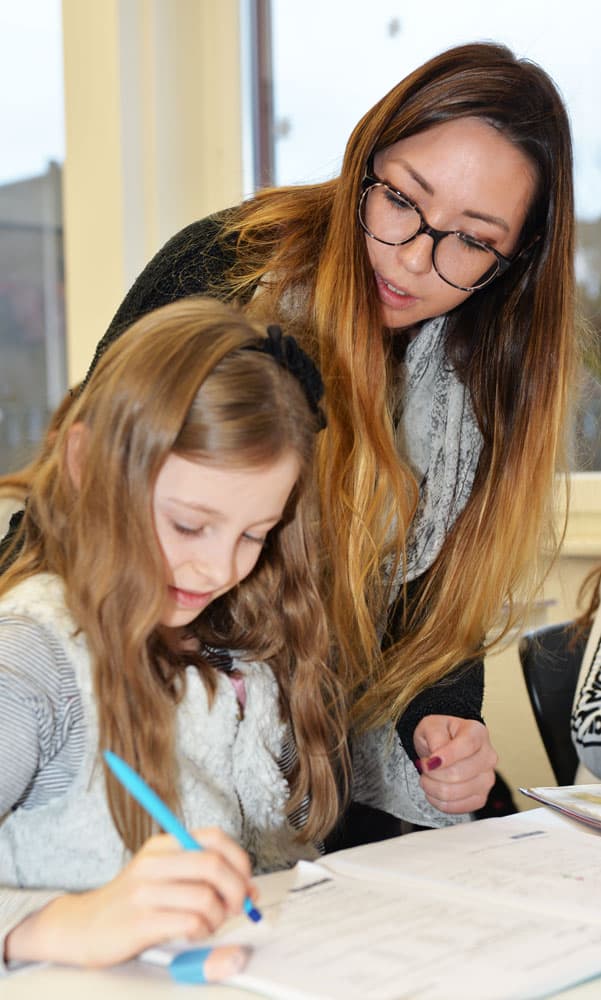
This is a unique way to teach and model for our students how to acquire language in a new context. We are proud of our model. It lays the foundation for our primary and secondary students to continue in our bilingual Swiss Matura or our International Baccalaureate Diploma Program. Students who join us from around the globe can build on their mother tongue and connect it to three additional languages, expanding their own horizons. We always have additional language support available for students in the form of ESL or the French equivalent of FLE.
